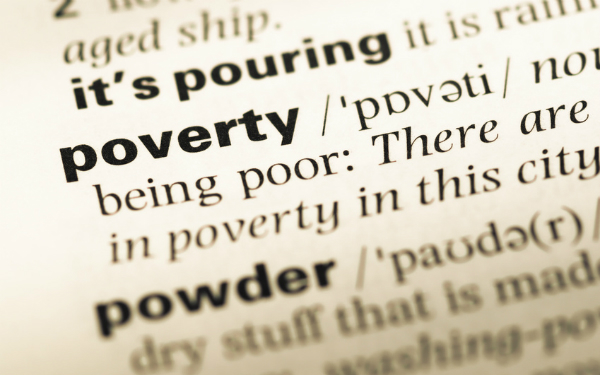
Referrals to children’s social care where social workers spot risks posed by betting, genital mutilation and poverty are more likely to progress to further action than others, research suggests.
A report commissioned by the Department for Education, and published last week, analysed the factors that may influence social worker decision making. It identified links between when a referral was received, and whether it came via phone or email and the outcome.
Researchers also analysed the contents of the free text boxes in one local authority’s case management system – where social workers write the detail of the assessment and reasoning for decisions made – to identify key words and how they linked to actions. They found some of the results ‘intuitive’, others less so and suggested there was scope for further research in this area as data systems improve.
Top ten words linked to progressing to further action
- Betting (60.2% more likely to proceed)
- Genital mutilation (51.1%)
- Poverty (37.3%)
- Mania (33.3%)
- Out of work (32.5%)
- Evict (32.2%)
- Depressive (31.3%)
- Harassing (31.2%)
- Locked up (30.6%)
- Alcohol abuse (25.5%)
Top ten words linked to not progressing to further action
- Structured Decision Making** (154.4% more likely not to proceed)
- Unemployment (107.1%)
- Non-compliance (76.8%)
- At ease (72.2%)
- Isolation (34.7%)
- Harass (34.6%)
- Evicted (34.2%)
- Smacking (32.3%)
- Bipolar (26.4%)
- Network (13%)
Top ten words linked to a referral becoming a serious case
- Structured Decision Making (90.3% more likely to become serious)
- Trusted (39.1%)
- Argued (14.1%)
- Screaming (11.7%)
- Alcohol abuse (9.5%)
- Lump (7.8%)
- Section section (7.5%)
- Court order (6.6%)
- Neglect (5.1%)
- Conference (4.4%)
**a highly structured tool used to assess the strengths and needs of a particular child.




 Bournemouth, Christchurch and Poole
Bournemouth, Christchurch and Poole  Hampshire County Council
Hampshire County Council  Lincolnshire County Council
Lincolnshire County Council  Norfolk County Council
Norfolk County Council  Northamptonshire Children’s Trust
Northamptonshire Children’s Trust  South Gloucestershire Council
South Gloucestershire Council  Wiltshire Council
Wiltshire Council  Wokingham Borough Council
Wokingham Borough Council  Children and young people with SEND are ‘valued and prioritised’ in Wiltshire, find inspectors
Children and young people with SEND are ‘valued and prioritised’ in Wiltshire, find inspectors  How specialist refugee teams benefit young people and social workers
How specialist refugee teams benefit young people and social workers  Podcast: returning to social work after becoming a first-time parent
Podcast: returning to social work after becoming a first-time parent  Podcast: would you work for an inadequate-rated service?
Podcast: would you work for an inadequate-rated service?  Family help: one local authority’s experience of the model
Family help: one local authority’s experience of the model  Workforce Insights – showcasing a selection of the sector’s top recruiters
Workforce Insights – showcasing a selection of the sector’s top recruiters 

 Facebook
Facebook X
X LinkedIn
LinkedIn Instagram
Instagram
Comments are closed.